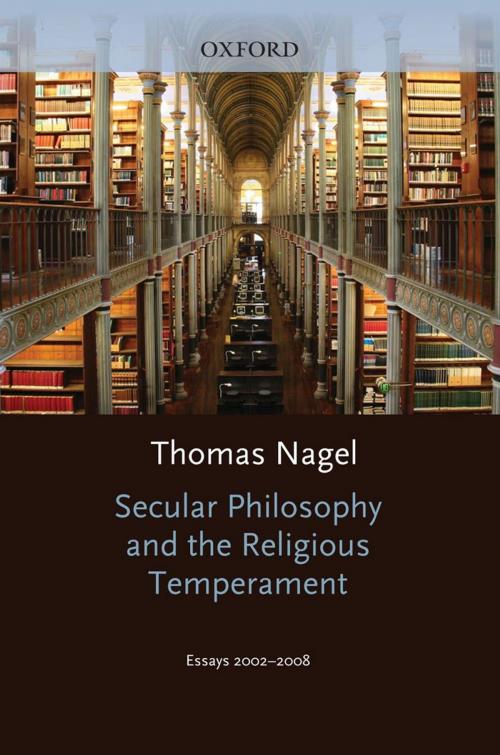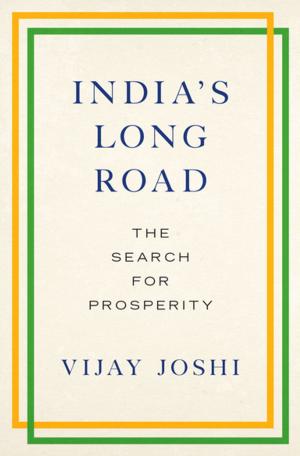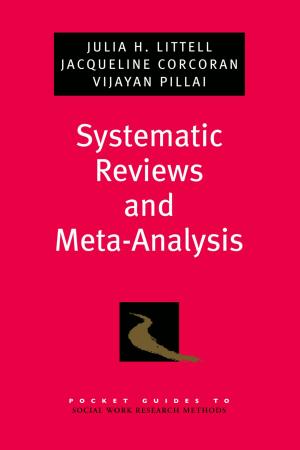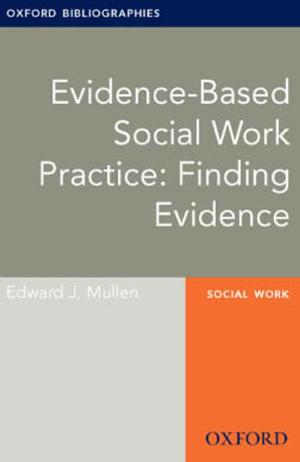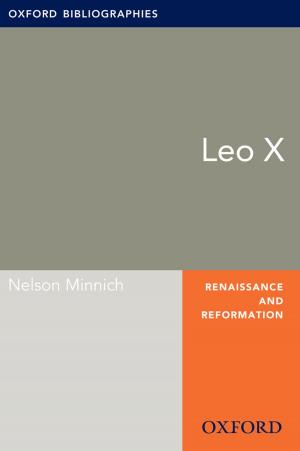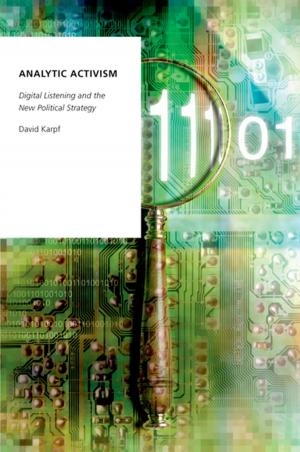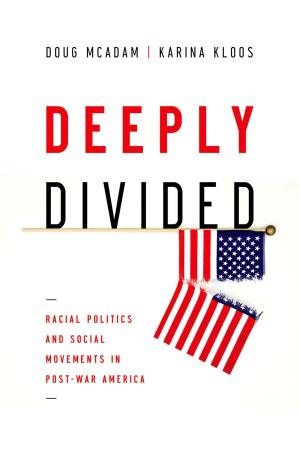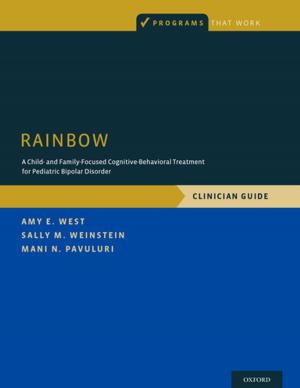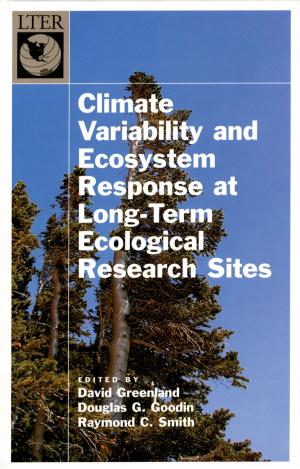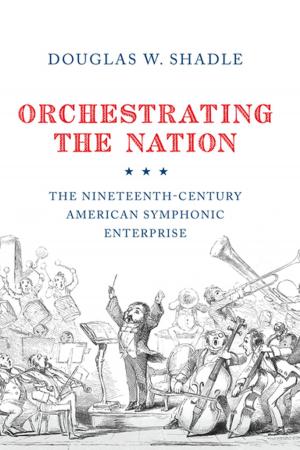Secular Philosophy and the Religious Temperament
Essays 2002-2008
Nonfiction, Religion & Spirituality, Philosophy, Political, Ethics & Moral Philosophy, Mind & Body| Author: | Thomas Nagel | ISBN: | 9780199889464 |
| Publisher: | Oxford University Press | Publication: | December 18, 2009 |
| Imprint: | Oxford University Press | Language: | English |
| Author: | Thomas Nagel |
| ISBN: | 9780199889464 |
| Publisher: | Oxford University Press |
| Publication: | December 18, 2009 |
| Imprint: | Oxford University Press |
| Language: | English |
This volume collects recent essays and reviews by Thomas Nagel in three subject areas. The first section, including the title essay, is concerned with religious belief and some of the philosophical questions connected with it, such as the relation between religion and evolutionary theory, the question of why there is something rather than nothing, and the significance for human life of our place in the cosmos. It includes a defense of the relevance of religion to science education. The second section concerns the interpretation of liberal political theory, especially in an international context. A substantial essay argues that the principles of distributive justice that apply within individual nation-states do not apply to the world as a whole. The third section discusses the distinctive contributions of four philosophers to our understanding of what it is to be human--the form of human consciousness and the source of human values.
This volume collects recent essays and reviews by Thomas Nagel in three subject areas. The first section, including the title essay, is concerned with religious belief and some of the philosophical questions connected with it, such as the relation between religion and evolutionary theory, the question of why there is something rather than nothing, and the significance for human life of our place in the cosmos. It includes a defense of the relevance of religion to science education. The second section concerns the interpretation of liberal political theory, especially in an international context. A substantial essay argues that the principles of distributive justice that apply within individual nation-states do not apply to the world as a whole. The third section discusses the distinctive contributions of four philosophers to our understanding of what it is to be human--the form of human consciousness and the source of human values.
